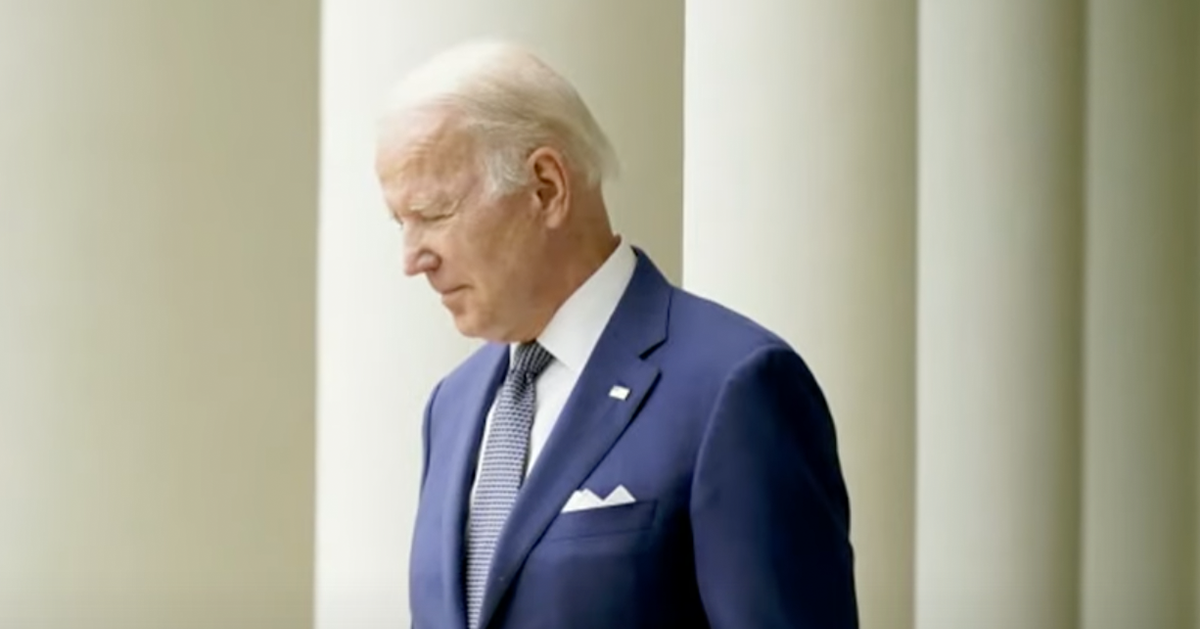Lego demands CA police department stop using its product images in social media posts
In a unique intersection of law enforcement and intellectual property law, the Murrieta Police Department's creative approach to social media posts has taken an unexpected turn.
The department has ceased using Lego heads to obscure suspects' faces following a request from the Lego Group, marking a pivot in their digital content strategy, as The Hill reports.
The Murrieta Police Department, located in California, recently made headlines for its unconventional method of protecting the identities of suspects in social media posts. By superimposing Lego heads over the faces of individuals accused of nonviolent crimes, the department sought to navigate a new state law with creativity. This law, established in 2021, restricts the publication of suspect photos in efforts to balance public transparency with individual rights.
The practice was halted when the Lego Group, renowned for its popular building blocks and figures, reached out to the Murrieta Police Department. The company expressed concerns over the use of their trademarked Lego heads in this context, citing intellectual property rights. The communication between the two entities occurred on March 19th, a pivotal moment leading to the department's decision to find new ways to comply with both the law and copyright concerns.
Lego's Intellectual Property Concerns Prompt Action
Lieutenant Jeremy Durrant, a spokesperson for the Murrieta Police Department, confirmed the interaction with the Lego Group. He stated, "The Lego Group reached out to me on March 19th and respectfully asked us to refrain from using their intellectual property in our social media content." This request prompted the department to reassess its approach to engaging with the community online while adhering to legal requirements.
Durrant's response to the request was understanding and cooperative. He acknowledged the importance of complying with the Lego Group's wishes, emphasizing respect for intellectual property laws. "Which of course, we understand and will comply with," Durrant remarked, signifying the department's willingness to adapt its practices.
The Murrieta Police Department's initial adoption of the Lego head imagery was motivated by a desire to maintain transparency with the community. At the same time, they aimed to protect the rights and identities of suspects, especially in cases involving nonviolent crimes. This approach was a direct response to the stipulations of the 2021 California law, which sought to limit the public release of suspect images unless under certain conditions.
Adapting to Legal and Ethical Standards
In a social media post dated March 18, just a day before the Lego Group's request, the Murrieta Police Department outlined its rationale. The department expressed its commitment to transparency and adherence to legal standards, stating, "The Murrieta Police Department prides itself in its transparency with the community, but also honors everyone’s rights & protections as afforded by law; even suspects." This statement underscores the balancing act law enforcement must perform in the digital age.
The specific California legislation in question prohibits the release of booking photos for suspects of nonviolent crimes, barring exceptional circumstances. Additionally, it mandates the removal of such images from social media platforms within 14 days unless certain conditions are met. These legal requirements have prompted law enforcement agencies, like the Murrieta Police Department, to explore creative solutions for sharing information with the public.
Following the Lego Group's intervention, Lt. Durrant expressed the department's openness to exploring alternative methods of content creation. "I have no concerns with exploring other options to continue publishing our content in a way that is engaging and interesting to our followers," he stated. This indicates a forward-looking approach to navigating the complexities of social media use in law enforcement.
A Forward-Looking Approach to Social Media Engagement
Despite the cessation of using Lego heads in their posts, the Murrieta Police Department remains committed to its goals of transparency and legal compliance. The search for alternative methods to obscure suspects' faces reflects a broader challenge faced by law enforcement in the age of social media: how to engage the public in meaningful ways while respecting both the law and individual rights.
The interaction between the Murrieta Police Department and the Lego Group highlights a rare but significant issue at the intersection of intellectual property law and law enforcement practices. The department's willingness to adapt its social media strategy in response to copyright concerns demonstrates a proactive approach to resolving potential legal conflicts.
Interestingly, the Lego Group's decision to reach out to the Murrieta Police Department underscores the global reach and protective stance companies take regarding their trademarks and intellectual property. The company's spokesperson declined to comment further on the matter, leaving the focus on the department's forthcoming adjustments to its social media tactics.
Intellectual Property and Law Enforcement: A Delicate Balance
The story of the Murrieta Police Department's use of Lego heads is a vivid example of the modern challenges law enforcement agencies face in the digital realm. It illustrates how the goals of public engagement and transparency must be carefully balanced with legal and ethical considerations.
As the department moves forward, Lt. Durrant's statements reflect a readiness to innovate while respecting the boundaries set by copyright laws. The search for new methods to share information about local incidents demonstrates an ongoing commitment to community engagement.
This incident serves as a reminder of the complex web of considerations law enforcement must navigate in the digital age. From intellectual property laws to privacy concerns, agencies must continually adapt their strategies to meet these challenges head-on.
Community Engagement in the Digital Era
In conclusion, the Murrieta Police Department's experience with the Lego Group brings to light the intricate dance between creativity, legal compliance, and ethical considerations in law enforcement's public communications.
The department's shift away from using trademarked images to obscure suspects' faces on social media is a testament to its commitment to adhering to both the spirit and the letter of the law. As they explore new methods of engaging with the community, the balance between transparency, legal compliance, and respect for intellectual property remains a guiding principle.





